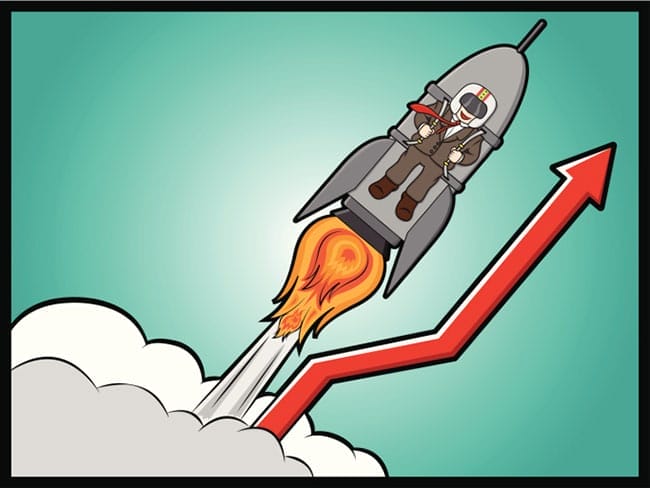I enjoyed the Wharton MBA program very much, but I wish it had done a better job of clearing an important illusion from my brain: the idea that I could become CEO of a public company.
Now, I am going to try to do something about that for today’s students.
When I was at Wharton, I had what I thought was a great career plan. I would go work in management consulting, transition out of that into a position as a corporate strategist, go on to run a business unit of that company and from there climb my way up to becoming its CEO.
That great plan worked for a while—until it utterly failed. I was able to work in management consulting after Wharton and get two corporate strategist jobs at large companies. But I never made the transition to running a business unit at one of those companies. What I realized when I joined the big companies is that people who have those jobs almost never get there from being an internal strategist.
An operational role with profit responsibility demands a different set of skills than the ones I had cultivated as a consultant. These other skills appear to include the ability to “manage up,” to hire and motivate a team, and to set and achieve financial goals.
I am confident that if I had really understood what I lacked, I might have set a different career goal or sought out experiences that would have bolstered my weaknesses and buffed my strengths.
It’s too late for me, but I am seeking to get a chance to teach an MBA course this fall—Becoming a CEO—that I designed to try to solve this problem for aspiring executives.
Through direct interaction with CEOs, Becoming a CEO will give students insights into how CEOs view strategic challenges, formulate solutions and take action. This interaction will also help students understand the CEO path from individual contributor to the top job.
This course explores six key CEO skills that underlie their strategic work:
- Getting results: The ability to achieve ambitious operating goals by working at all levels of an organization—gathering resources from the board or senior executives; delegating responsibility for execution to direct reports; working with other company departments, suppliers and customers; and helping the team to identify and overcome obstacles to reaching the goals.
- Creating culture: The ability to articulate core values such as customer value creation, integrity and respect for the individual; win employee buy-in of those values; and create processes to ensure that the organization’s culture is used in hiring and promotions.
- Attracting talent: The ability to attract and motivate a highly talented team that can set ambitious goals and achieve them while collaborating and communicating clearly.
- Driving innovation: The ability to create an environment that encourages talented employees to generate new ideas, spurring revenue growth and boost operational effectiveness and efficiency.
- Formulating strategy: The ability to analyze a company’s future opportunities, to develop and execute strategies to capture those opportunities, and to communicate the strategies in a way that engages the organization.
- Communicating with stakeholders: The ability to communicate effectively with stakeholders, including the board, investors and communities—which is particularly useful during a crisis situation, a significant cost reduction or a product recall, for example.
The ultimate goal of Becoming a CEO is to help students gain an objective assessment of their potential to become public company CEOs. I hope that students can get this feedback by exposing them to simulations developed by the CEOs invited to the class, then apply it by writing individualized career development roadmaps intended to test their strengths and bolster their weaknesses. Mentors will help them to develop and refine these career development roadmaps.
I am still developing this course so I welcome your comments. Since I have never been a CEO, I am not sure I can claim to have an authoritative perspective on this topic. Do these six activities match your experience? What is missing? What do you think are the most important skills that a CEO must demonstrate? What is the best way to assess whether an MBA student has those skills? Please share your insights below.


























